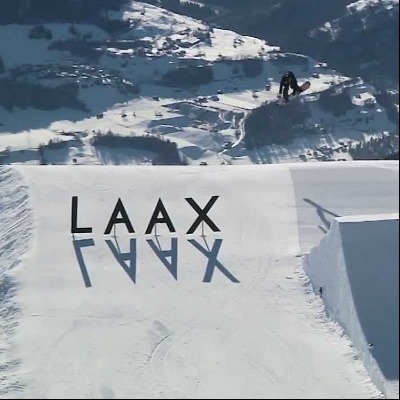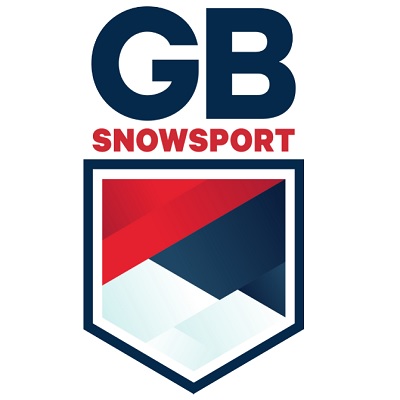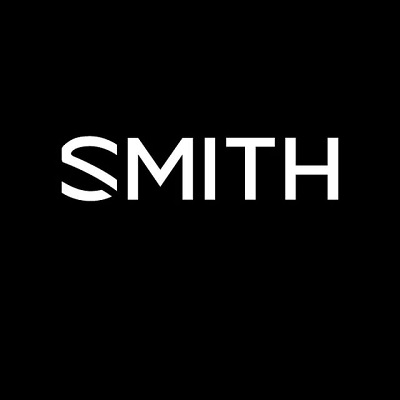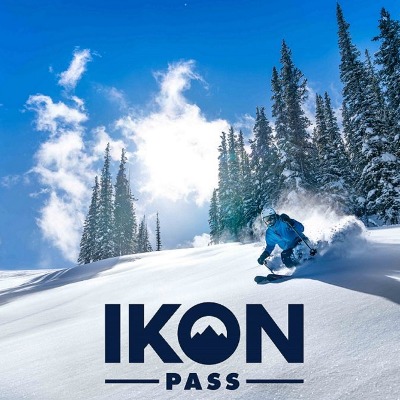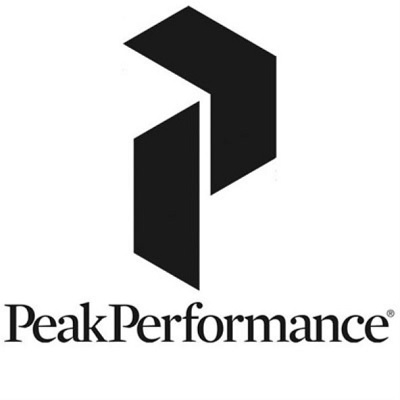New US National Development Group Hits The Mountains
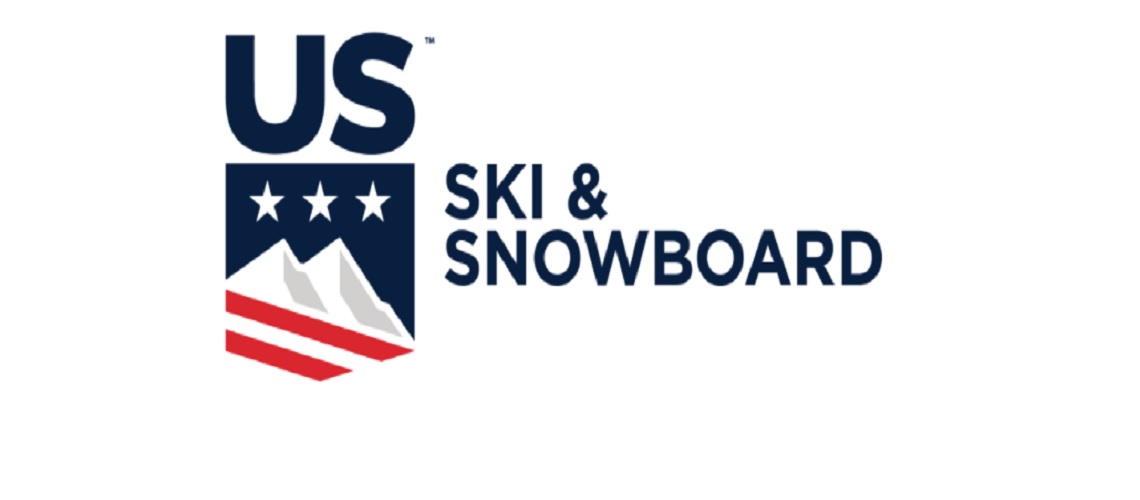
While club, academy and university coaches attended annual Congress meetings hosted by U.S. Ski & Snowboard in Park City, Utah, head men’s development coach Sasha Rearick hit the mountain with a strong crew of young, development-level male athletes at both Squaw Valley and Mammoth Mountain in California.
In the spring of 2016, U.S. Ski & Snowboard began a comprehensive study of its own alpine development system and an appraisal of other major nations in the sport. As a result of that study, a plan was created to bring about a sea of change in how U.S. Ski & Snowboard, along with its affiliated regional and club networks, approached future national team selection and development programs, specifically looking toward long-term success at the 2022 and 2026 Olympic Games and beyond. These changes led to the introduction of an innovative methodology for inviting and managing athletes into its alpine development program, deemed the Development Team (D Team) and National Development Group (NDG).
The goal is to expose the nation’s best athletes at the development level to value-added programming that will help them make the next big step to C Team, to the top of the NorAms, and, ultimately, to the World Cup podium. For now, it all starts with the Squaw and Mammoth camps early in the 2018-19 prep period, with athletes who are in line to make Development team criteria and others who are close.
Former head men’s FIS Ski World Cup coach Rearick is at the helm of the men’s alpine development program, working in close partnership with regional and club coaches. The camp is focused on three core areas: technical, tactical and cultural. From a technical standpoint, Rearick would like to see athletes maintain a balanced athletic stance through the turn. Tactically, the emphasis will be on the pressure in the fall line. Culture has been a key topic this spring for U.S. Ski & Snowboard, led by President and CEO Tiger Shaw, and the Development Team plans to come together for discussions that will allow them to create the team culture that they want and need to progress. In doing so, they will ask questions including, “What is the environment we want to create?” and “How do we prepare the team to grow within adversity?”
“This initial National Development Group project has been a great example of the hard work and strong collaboration between the national team, led by Sasha, and the regional and club networks,” noted Chip Knight, alpine development director. “The success of this new development initiative will require very clear communication between all entities, and Sasha has done an incredible job leading the way out of the gate.”
For this initial camp, Green Mountain Valley School's U19 Men’s Coach Nate Bryant and Burke Mountain Academy's Head Men’s FIS Coach JP Daigneault have joined Rearick. The intention is for them to bring back to their clubs what they have learned for future implementation at their own camps.
Even at the elite level, Rearick has stressed the importance of fundamental skills for athletes. The spring project started with a conditioning element at U.S. Ski & Snowboard’s Center of Excellence in Park City, Utah, followed by PSIA, slalom and giant slalom fundamentals sessions at Squaw Valley and culminating with a speed fundamentals block at Mammoth Mountain. Another unique element of the camp includes support from Matt Schiller, owner of the Park City Boot Room, who was on site assisting with boot fitting and conducting tuning clinics. Additionally, U.S. Ski & Snowboard’s Athlete Career & Education (ACE) Director, Julie Glusker, traveled to Squaw Valley to lead study sessions and offered virtual academic support for the duration of the camp.
U.S. Ski & Snowboard also invited PSIA instructor Michael Rogan and his Austrian counterpart Christopher Krabath, to lead the charge. “Chris is doing real work on lower leg engagement,” Rearick explained. “And what we’ve found was that part of the reason we’re out of balance is that we’re not rotating the femur inside the pelvis – internal rotation of the femur to establish the platform. So, we’re doing a lot of exercises to pinpoint that, which then allows the upper body to stay much more stable. We’re trying to get more athletic movement through the skiing – so flexion, extension, up-forward movement and forward movement are a big part of what they’re doing with athletes.”
The camp featured two days of free skiing on giant slalom skis, using the Squaw Valley terrain for off-piste-type mogul runs, and steep crud skiing to further enhancing the athletic, balanced stance and movement through skiing. Add to this, Rearick’s focus on “constraint-based training” featuring variable course sets that are extremely demanding, encouraged athletes to express themselves in these environments. From there, athletes go back to normal rhythm and timing in giant slalom and slalom sets. This facilitates a focus on skill acquisition so they learn movement correctly, and then skill adaptation.
During the slalom portion of the camp, the alpine athletes worked with the U.S. Ski Team moguls athletes. Unconventional? Yes! Effective? Definitely! The moguls team focused on carving skills, while the alpine crew learned how to keep the skis on the snow and have better upper and lower body separation.
The transition from the World Cup level to the development level has also been positively challenging for Rearick. “There’s a lot of communication with the clubs, coaches and parents prior to traveling to camp, trying to get a sense of what they need,” reflected Rearick. “This is not a full-time program. Rather, these are added opportunities that athletes are invited to. We’re trying to put together a program that athletes can do programming they’re familiar with at their club programs, yet at the same time take advantage of more opportunities led by U.S. Ski & Snowboard. The key here is supporting the clubs by identifying what is possible and communicating the steps they have to make. It’s been going great. We’re on the hill four and a half hours a day, so it’s been long days.”
This project is just one of many development projects for which Knight and new alpine director Jesse Hunt will be championing and Rearick will be implementing. The new initiative was a key topic of discussion at U.S. Ski & Snowboard Congress and was received with positivity and constructive conversation among key stakeholders at the club, academy and university level.










